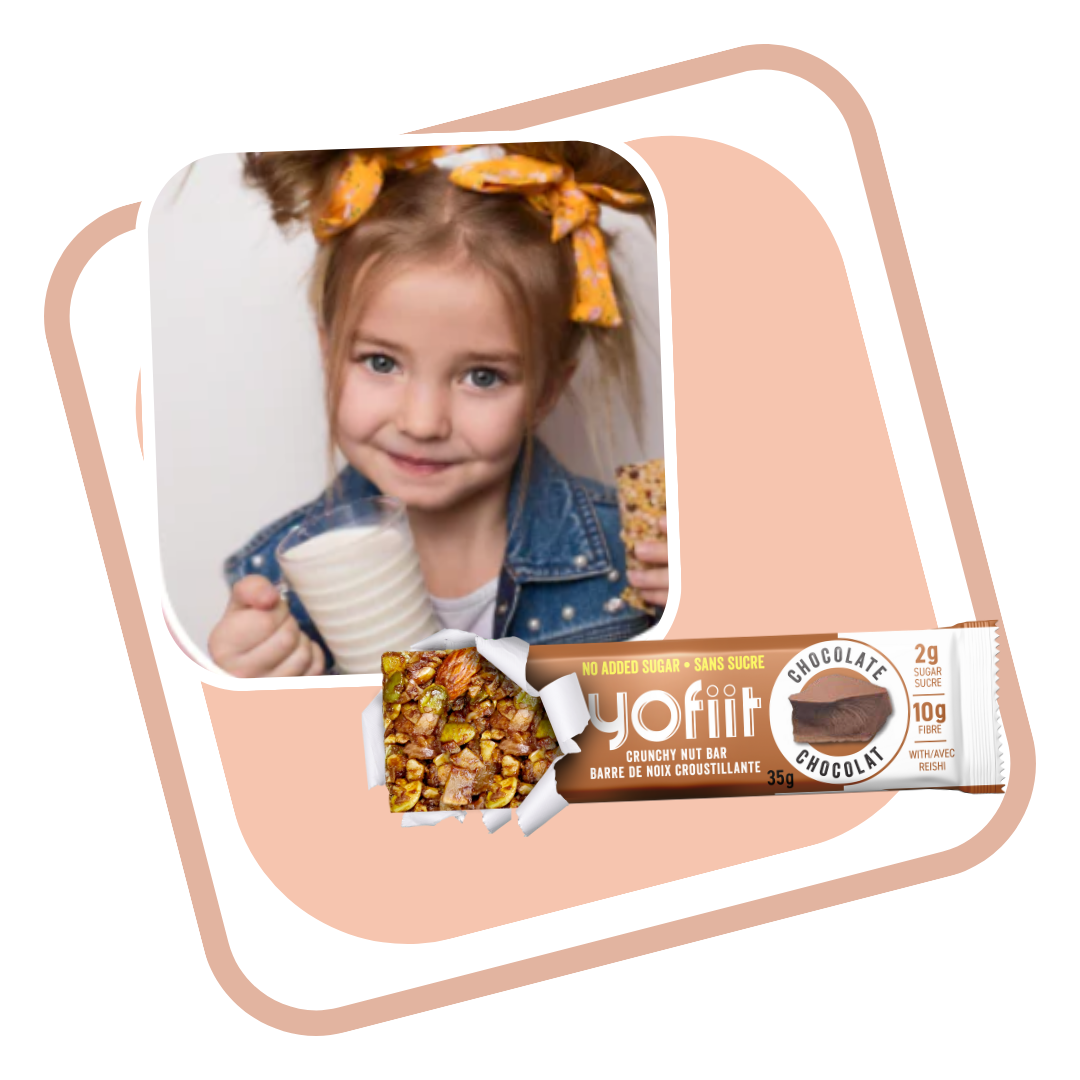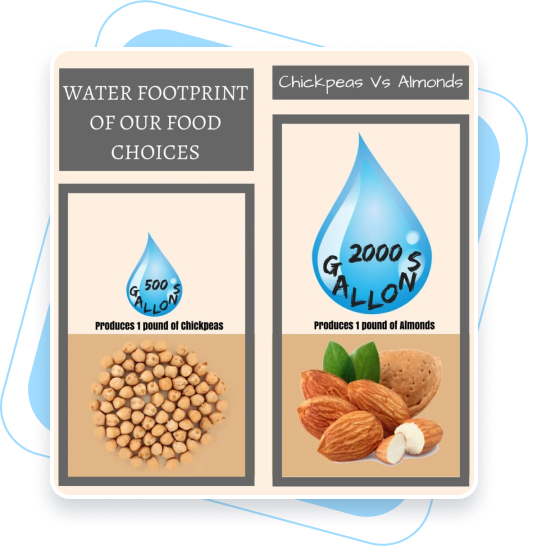Protect, feed and preserve

Protect our planet
In 2050, there will be about 9 billion mouths to feed. With growing climate degradation, drastic changes in the ecosystem, it will be a monumental task to feed everyone if we only rely on animal source of protein. Just imagine, to grow cattle you need to have the land, you need to plant the crop to feed them without taking into account all the methane emission that comes with this endeavor. We believe the sustainable thing to do is to find alternatives that can replace animal based products and animal based milk so that the land can be used to truly produce what it is meant to i.e. high quality plant that is more than enough to nourish people.
Every little bit counts… Consuming plant based milk at least once or twice a week can help save tons of resources and protect our planet. We believe in that mission. We think it is our responsibility to do our part to help people transition or at least incorporate more plant based alternatives in their diet. And what’s to lose really? We match and surpass the nutritional profiles of animal based products so that you don’t have to feel at a loss.

Feed Our People
It has become such a paradox. While close to 1 billion people around the world are malnourished, we have a large problem of obesity in our hands in the so-called developed world with around 2 billion of folks being obese. This contributes to a whole host of issues such as metabolic diseases, heart problems and so on. We know we can’t change all the world’s biggest problems by ourselves but part of our mission is to help end the era where too much food becomes a curse. We want to create products that are part of the solution and not add on to the problem. Responsible product development with high nutrition, low to no sugar should become the norm to feed and protect our people, especially our children.

Preserve Our Food System
We believe in plant-based nutrition as a key solution to increase protein availability to feed our growing population without continuing to harm our environment. We also believe in being more sustainable even while using plant-based ingredients by relying on protein sources that are less harsh on the environment. For example, chickpeas and peas consume about a quarter of the water resources of almonds during their development. Also, chickpeas and peas emit more natural nitrogen, which reduces the need to overfertilize the soil they grow into, preserving our soil more.
Bio-diversity is also a key component in keeping our land fertile overtime. By developing non nut-based products, we are contributing to maintaining a more balanced biodiversity that will protect the soil better over time.


